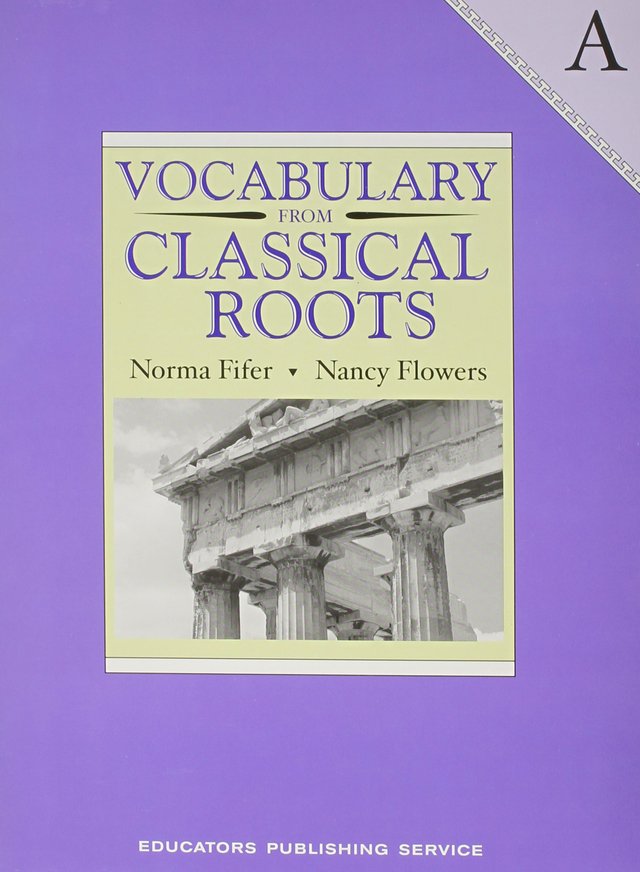The Rhetoric Stage: 9th – 12th Grades
In 9th through 12th grades, the Rhetoric Stage of the trivium, the student uses what they’ve acquired in the first two stages to write and speak about subjects across the curriculum. Formal rhetorical skills and ideas are taught at this level, but don’t forget to stress that these are skills that are used in all subjects. This is a good time to encourage your child to go further in subjects that pique their interest. If they are a science nerd, let them practice their rhetorical skills through science. This is also the time to get really serious about writing skills. If your child learns to write well and clearly, they will have an advantage that most people don’t. It is an essential skill for doing well in college. If you cannot write well, you cannot show your grasp of the material being taught. Finally, this is the stage to get really serious about reading skills. Certainly, you child by now can read a book. But, now they must learn to read a book deeply. They need to begin building their foundation of literary critique, analysis, and reference. There are some great resources that explain this more fully that I’ve listed below.
Classical Rhetoric for the Modern Student, Edward P.J. Corbett, Robert J. Conners, Oxford University Press. A classic text and last I checked, included as an advanced placement textbook through the College Board.

The New Oxford Guide to Writing, Thomas S. Kane, The New Oxford Guide to Writing, Oxford University Press. This is a great book that a student can work through mostly independently.
Ancient Rhetoric for the Contemporary Students, Sharon Crowley. An alternative to Corbett’s text, this is a good option if you’re teaching one instead of two years of rhetoric.
A Rulebook for Arguments, Anthony Weston, Hackett. This is an essential book. It’s very brief, but packed with all the important stuff. It has brief explanations and then suggested exercises. It can be done independently.
Vocabulary from Classical Roots. Don’t forget about test prep with vocabulary words. It’s a critical part of SAT and ACT tests and it’s so much easier when your student has been working on vocabulary all along instead of cramming.
Vocabulary.com. This is a great website for every level. You can input your grade or ability level, and it generates words for you to learn. You can have a word of the day e-mailed to you as well. This is great once or twice a week. I’ve even used it.

Great Books.org series for grades 9-12, anthologies and study guides. This series is also available at the primary and middle-school level. These have good reading selections and were a big help to me in preparing for intelligent discussion of the literature.
Writing Strands: Challenging Writing Programs for Homeschoolers series, National Writing Institute, Vol. 5-7, Writing Exposition, Evaluating Writing
FactCheck.org. This excellent website allows you to incorporate politics, advertising, and other current events into your rhetoric study. We used lots of lessons plans from this website, but the lessons plans have been moved to the Annenberg Classroom website, listed below.
Thanks for using eSteem!
Your post has been voted as a part of eSteem encouragement program. Keep up the good work! Install Android, iOS Mobile app or Windows, Mac, Linux Surfer app, if you haven't already!
Learn more: https://esteem.app
Join our discord: https://discord.gg/8eHupPq
Good information, thanks. Upvoted and followed.
This post has received a 19.16 % upvote from @boomerang.
You got a 10.91% upvote from @booster courtesy of @natalyaborqo!
NEW FEATURE:
You can earn a passive income from our service by delegating your stake in SteemPower to @booster. We'll be sharing 100% Liquid tokens automatically between all our delegators every time a wallet has accumulated 1K STEEM or SBD.
Quick Delegation: 1000| 2500 | 5000 | 10000 | 20000 | 50000